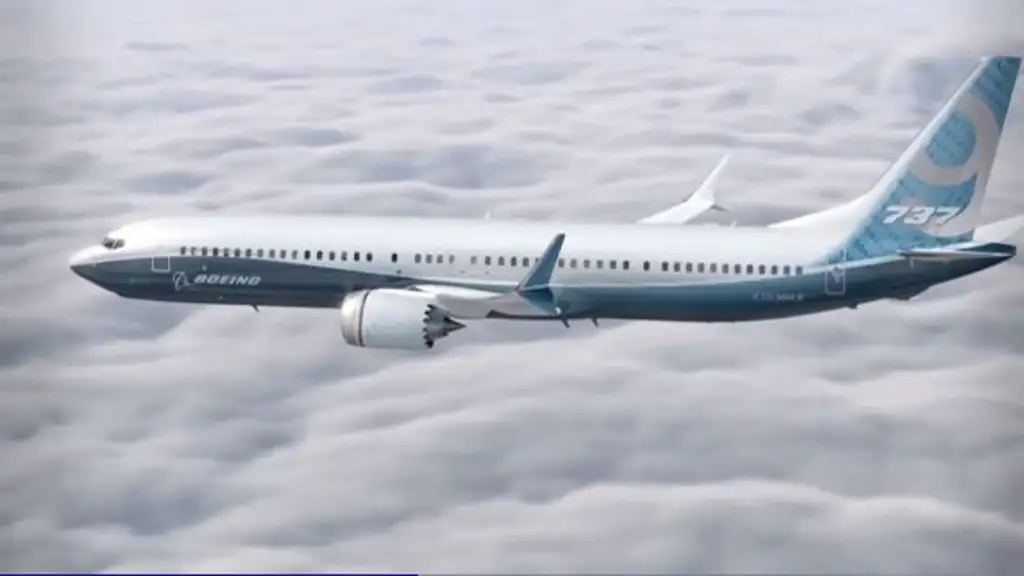A federal judge in Texas has canceled the long-anticipated trial against Boeing related to the deadly 737 Max crashes. This decision comes in the wake of a new plea agreement that could drastically change the legal outcome for the aviation giant.
The now-scrapped trial was expected to bring public scrutiny to Boeing’s internal practices and its role in the two tragic crashes that killed 346 people. Victims’ families had hoped the trial would deliver a sense of justice and accountability. Instead, they were met with disappointment and renewed frustration.
Why Was the Boeing Trial Canceled?
On June 2, 2025, U.S. District Judge Reed O’Connor canceled the criminal trial after the U.S. Department of Justice and Boeing reached a new plea deal. The trial was originally set to examine Boeing’s conduct following the 2018 Lion Air crash and the 2019 Ethiopian Airlines disaster, both involving the 737 Max aircraft.
These crashes were linked to a faulty software system known as MCAS (Maneuvering Characteristics Augmentation System), which pushed the planes into uncontrollable nosedives. The software design flaws and Boeing’s failure to fully inform pilots were central to the case.
Under the new plea agreement, Boeing will avoid criminal prosecution by agreeing to pay additional fines and submit to independent safety oversight. While this deal might resolve the legal case from the government’s perspective, many families see it as Boeing escaping full accountability.
How Are the Victims’ Families Responding?
The cancellation of the Boeing trial has left many of the victims’ families feeling silenced. They were prepared to testify and hoped the trial would unearth new details and prompt wider reform within the aerospace industry.
Paul Cassell, a lawyer representing some of the families, called the decision “a miscarriage of justice,” arguing that the families were robbed of their right to be heard in court.
What’s Next for Boeing?
While Boeing has avoided a courtroom battle, this doesn’t mean the end of its legal troubles. The company still faces civil lawsuits and continued public scrutiny. In addition, the Federal Aviation Administration (FAA) and other international regulators are closely monitoring Boeing’s compliance with new safety requirements.
Final Thoughts
The cancellation of the Boeing trial over the 737 crashes shifts the focus from courtroom justice to the outcomes of corporate negotiation. While Boeing attempts to move forward under new safety commitments, the families affected by the crashes are left asking whether real justice can be found outside a courtroom.
For Boeing, the story may be moving on—but for the victims’ families, it’s far from over.



